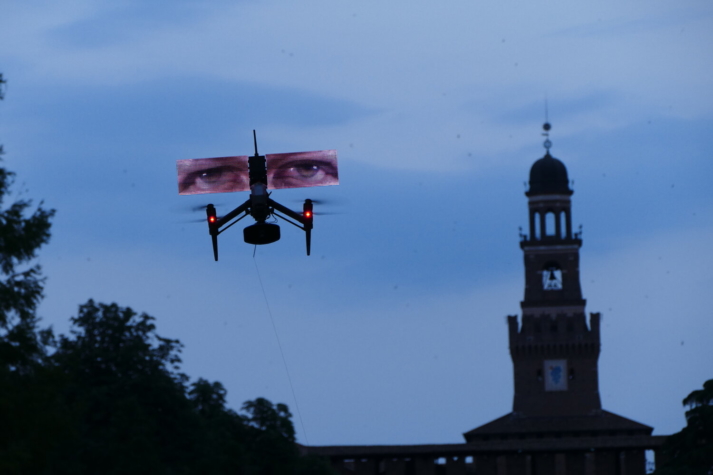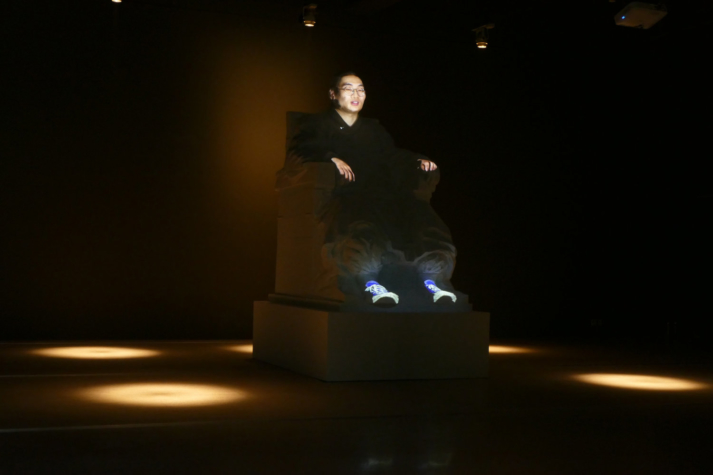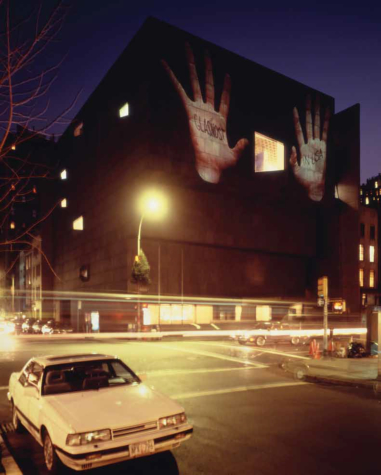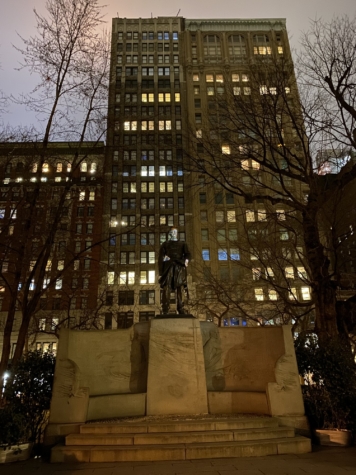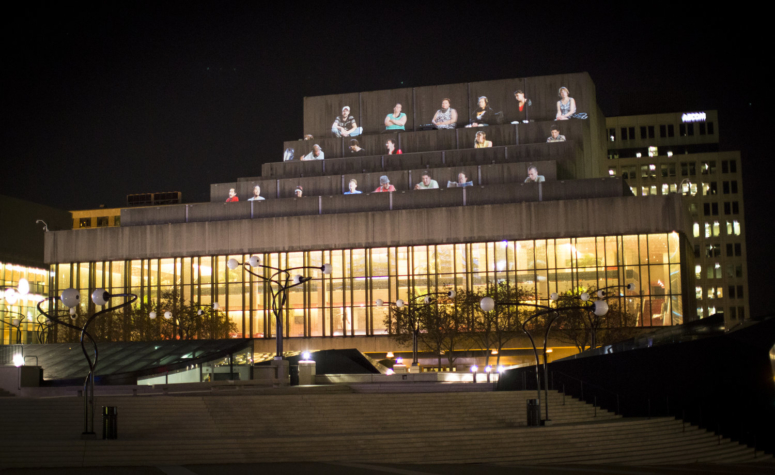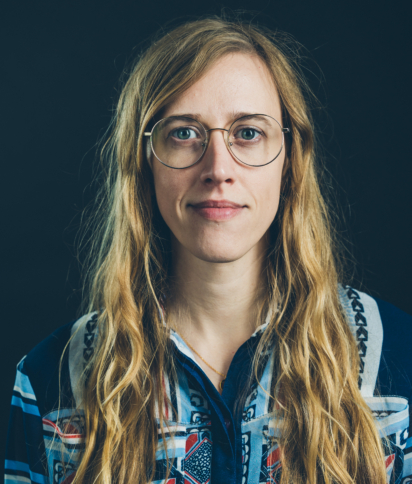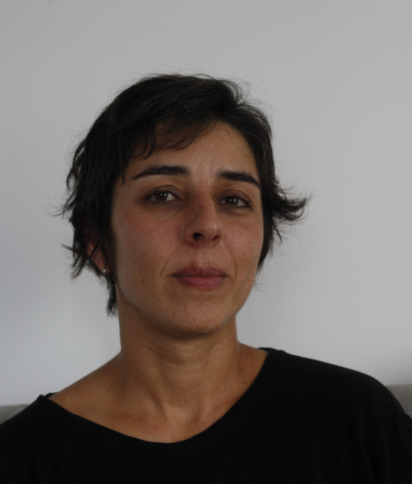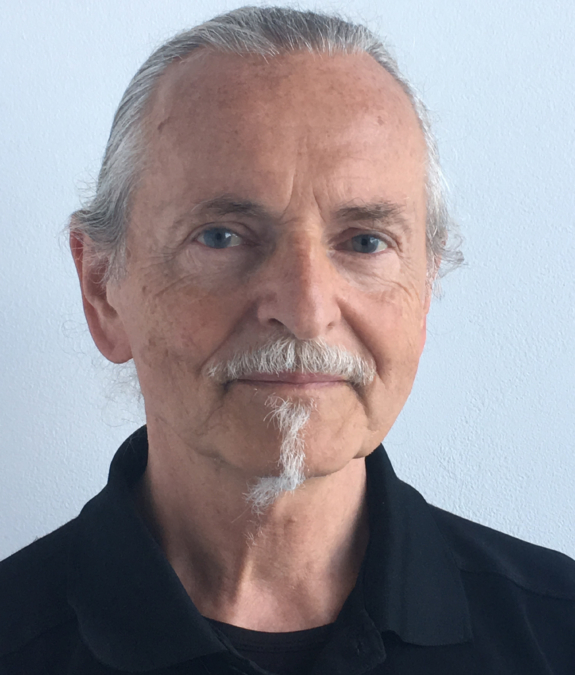
Monuments
With Krzysztof Wodiczko
In “On the Use and Abuse of History for Life,” Friedrich Nietzche asked, “What is the use to the modern man of this ‘monumental’ contemplation of the past, this preoccupation with the rare and classic?” That was 1874. Today, monuments to racism, white supremacy, colonialism, war, patriarchy, and oppressions across the world are toppled, disgraced, vandalized, and defaced. The alternative monuments, the counter monuments and the new monuments need to be crated to honor the victims and the emancipatory heroes of such oppressive past while the monumental new narratives are inscribed onto the historic edifices erected by the disgraced funders. There is also a continuing need to envisage the monuments to personal, family, and community events and lived experience, often pivotal and overwhelming, to honor such past by respectful, sensitive, commemorative forms and projects. To heal, to empower and to acknowledge what was then personal as today historical.
Friedrich Nietzsche question pulses with renewed urgency. Monument departs from Nietzsche’s dilemma. Together we will touch upon some of the works of philosophers, theorists and artists similarly puzzled. And, through the development of new commemorative proposals and projects over the course of the seven weeks, we will pose new questions and offer answers of our own.
Projects
The course will provide space for an informed and open discussion and for development and sharing of the artistic concepts, and proposals for monuments.
The proposed monuments may be conceived as private or public, personal, or social, temporary, or permanent.
They may take a form of the sculptural, spatial or media installations, performance, events, social and cultural process, and other.
They may be portable, mobile, wearable, interconnected with the social media, and make use of new media technologies.
The monument proposals may involve an adaptation, appropriation of a specific site, a place, or a transformation of an existing monument.
They may also facilitate conditions for the 'agonistic' ways of commemoration: discursive, conversational and dialogical.
Weekly sessions take forms of break-up rooms (to share freely the ideas and to get to know each other) as well as all-participant discussion about the readings and the proposed concepts.
The projects may be finalized in form of presentations of the concept proposals, the documentation of project studies, their experimentations or realization.
Office Hours: Wednesdays 8:00pm- 9:00pm by appointment
April 3rd - May 15th
Wednesdays
5 - 7:30 pm EST
16
Students
$2,000 New Student
$1,750 Returning Student
USD
Krzysztof Wodiczko born 1943 in Warsaw, Poland, lives and works in New York City, in Cambridge, Massachusetts, and in Warsaw, Poland
Krzysztof Wodiczko is a former director of Interrogative Design Group at MIT, and presently a professor of Art, Design and the Public Domain at Harvard’s Graduate School of Design. He received his Ph.D 2022 in Visual Arts from Academy of Fine Arts in Warsaw, Poland.
He is renowned for his large-scale projections on architectural facades, and monuments. He has realized over ninety of such projections in twenty countries.
Since the 1980s, through his projections and communicative instruments, he works with marginalized city residents on enforcing their public voice and expression.
Krzysztof Wodiczko’s work was presented at Documenta, Venice Biennale, Whitney Biennial, Liverpool Biennial, Montreal Biennale, Yokohama Triennial and many other international art exhibitions and festivals.
He is a recipient of 4th Hiroshima Art Prize “for his contribution as an artist to the world peace”.
He has held retrospective exhibitions at Walker Art Center, Fundacio Antoni Tapies, Muzeum Sztuki, Lodz, Museum of Modern and Contemporary Art, Seoul, and other museums and art centers.
Krzysztof Wodiczko is an author of Critical Vehicles, MIT Press, City of Refuge: Sept. 11, The Abolition of War, The Transformative Avant-Garde, and other books including a large monograph Krzysztof Wodiczko, published by Black Dog Press, London.
His work is presented in PBS television series Art in the Twenty-First Century.
A documentary film Krzysztof Wodiczko: The Art of Un-War directed by Maria Niro has been released this year.
More Classes
Live online classes with the world’s best artists and curators
Crash Course in Adobe Premiere Pro:
Video Editing Basics
This one-day intensive workshop is designed to get you up and running with Adobe Premiere Pro. Learn the essential tools and workflows to create high-resolution, professional-quality video works. We'll cover importing footage, basic editing techniques, timeline navigation, multi-channel video editing, and exporting for different platforms. Perfect for beginners or those looking to sharpen their foundational skills, this crash course will give you the confidence and tools to start editing with clarity and creativity. This course will be recorded for anyone unable to make it LIVE.
Train ChatGPT as Your Studio Assistant:
An Introductory Workshop to exploiting Ai
This one-day workshop introduces artists to using ChatGPT as a powerful and flexible studio assistant to support both creative development and professional demands. We'll explore how to collaborate with AI to brainstorm new work, write and edit artist statements, craft compelling grant and residency applications, organize projects, plan exhibitions, and develop teaching materials or syllabi. You'll also learn the art of prompt writing—how to shape questions and commands that generate useful, nuanced, and imaginative results. Whether you're juggling studio time with teaching, curating, or community work, this workshop offers hands-on strategies for integrating AI into your practice with clarity, intention, and creativity.
The Exhibition to Come
Essays on a Curatorship in Process
This course proposes a collective and process-based curatorial exercise developed from scratch. Starting from the idea of an exhibition that does not yet exist — with no defined theme, no predetermined space — participants will be invited to collaborate in the invention of the conceptual and formal paths that will shape a hypothetical exhibition, with the potential to materialize in an actual venue in the future.
